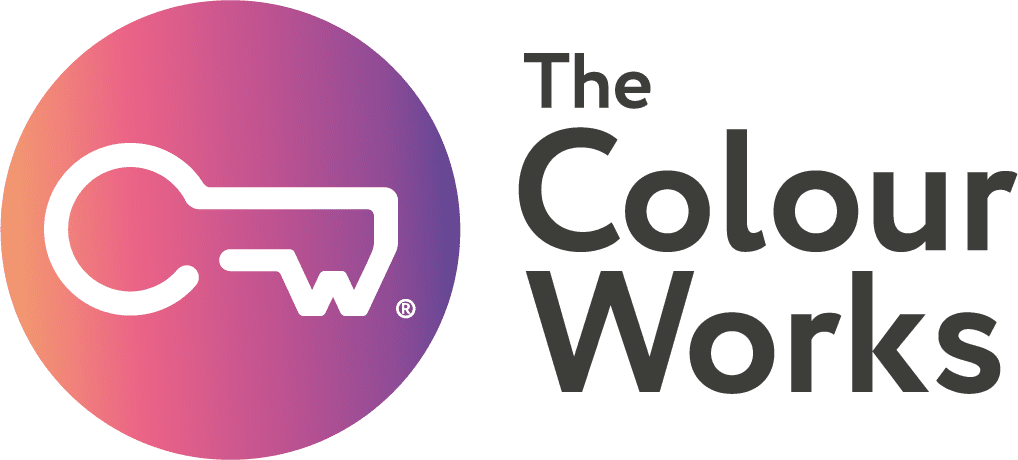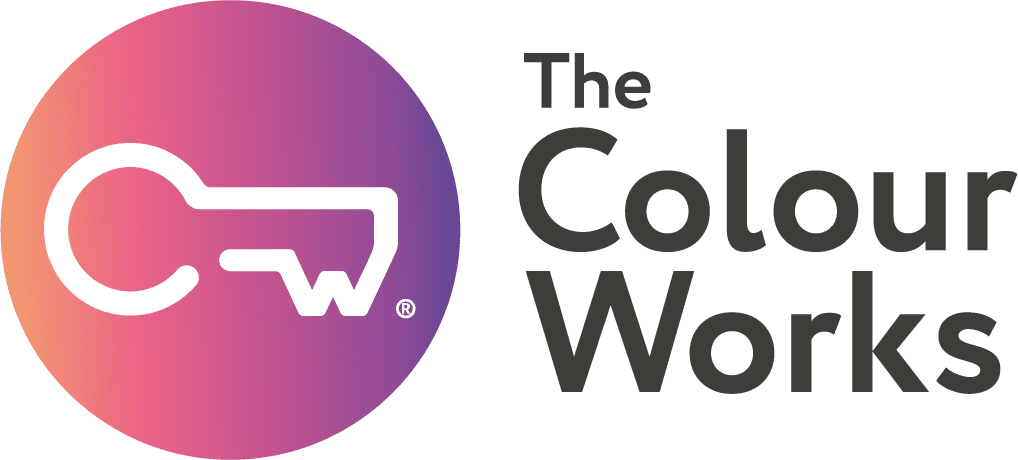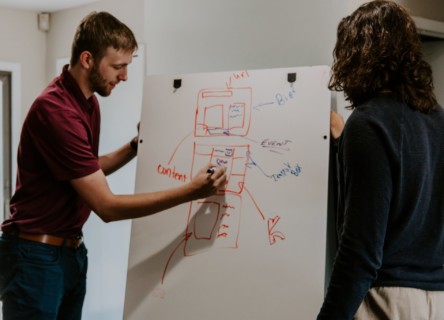A few days ago I accidently came across an online clip of a discussion between Bill Gates, founder of Microsoft, and Warren Buffett, he of enormous wealth and reputedly the world’s 7th richest person (latest estimate £101bn). I’m not sure what’s more impressive – the size of his wealth or the ability of some presumably unconnected person to measure it. Anyway, in this clip Buffett was bemoaning the thing which money has never been able to buy him – time. It’s nice to have something in common. We all have an intensely personal relationship with the time thing of course, and Gates & Buffett’s chat reminded me of that, and in particular, the fundamental role it plays in coaching. Stick with me.
Getting on for 20 years ago I was a member of a CEO/peer support group (completely independent of the organisation I worked for at the time). It was positioned as “the board you can’t afford” (so of no interest to Buffett). We met monthly, as these things tend to, and part of the time was always devoted to members’ current issues and challenges (we weren’t allowed to use the word problem). We would share one such issue and the group would then probe and offer some collective wisdom; a blend of coaching and mentoring probably best described it. Levels of trust in the group were extremely high, and so the issues raised tended to matter. On one occasion I raised a major issue that I had continued to struggle with. I was asked: “how long do you have?” to which I gave some sort of answer. About 10 minutes later one of the group shoved a folded up piece of paper across the table to me. On it they’d written: “how long do you REALLY have”? It was a simple question made into a great question and, as I reflected on it, I came to realise I had much less time than I thought. The resulting decisions I made and the actions I took in the subsequent few weeks determined my working life for the next 10 years.
I kept that piece of paper for a considerable time afterwards and reminded my ex-peer group colleague several years later about it. It was a “classic case” she said, of someone “pretending not to know what to do. You knew all along, you just needed a little bit of help to tell yourself it”.
That piece of paper spawned a new one (which I have on my desk right now). It’s a personal collection of powerful questions (Killer Questions as I term them) to which I add new ones from time to time. Incidentally, the latest one (courtesy of an overheard conversation on a train) is a real humdinger: “what do you think about when you’ve nothing to think about?” Try that on yourself.
So where is all this taking us? Questioning is of course a fundamental feature of coaching relationships. Few would disagree with that. The skill of course is in great questioning. But the time thing perhaps warrants further examination.
Back in those heavy days before Covid, when lockdown was a term usually only recognised in prisons, I delivered a Colour Works workshop at a company conference and was immediately followed by a speaker whose session was billed as Great Leadership. The speaker was Ian Stewart, who for several years was Head of Applied Behavioural Science at the RMA (the British Army’s Royal Military Academy – Sandhurst). Dr. Stewart began by asking the audience what people most need from their leaders. I was listening to this intently whilst I packed up my things ready to depart. Vision, inspiration, great communication were all quickly offered up by audience members. Whilst these were great, they were not what Ian was looking for. He offered another – time. That most precious thing which we all possess and which we have the gift to give others (or not). I have often used that notion as a thought-provoker during workshop leadership discussions (and indeed referenced it in my last blog reflecting on Covid leadership). It certainly chimes with me.
But it is in the context of coaching that I offer it up here. And that is the gift of time we can and must give to ourselves. All too often coaching can be viewed as something someone else needs, rather than us. That we simply don’t have the time, much as we might like to, as other things are more important and more readily justified. A CEO I once worked with held the view that taking precious time to spend on our self was simply indulgent.
Experiencing the power of coaching begins, I believe, with getting comfortable in giving ourselves that precious gift of time. And making a conscious, deliberate decision to prioritise it. It is not indulgent. We aspire to be great leaders but how do we lead ourselves? We show great respect to others, through our emotional intelligence and actions, but are we truly personally respectful? Where is the me-time as a scheduled, prioritised thing in our busy lives? Show me your Outlook calendars!
I’ve been asked several times if everyone is coachable, or are there some people for whom coaching would be a complete waste of time and money. I believe everyone is coachable, but it is often a matter of time. My experience tells me that the most impactful coaching often comes at times of transition. Sometimes individuals are well aware of what that transition is and how it will affect them. But often they are not. The VUCA world (Volatile, Uncertain, Complex and Ambiguous) delights in chucking all sorts of mayhem in our direction, or worse still, keeps it secret until it’s too late. For those interested in exploring (or returning to) coaching, I ask them to tell me about their current relationship with time and to what extent they are respecting and leading themselves. Coaching needs and thrives on that.
“Time exists so we don’t have to do everything all at once” Albert Einstein is attributed as saying. Very good (and I’ve finally managed to get an Einstein quote into a blog). But any quick search of quotes via Google will also find him having said: “Don’t believe everything you read on the internet”. So not terribly helpful after all.
Or maybe it is, at least as a reminder to us of the time we waste, typically online, stumbling across often meaningless stuff such as notable people and their vast fortunes.
Perhaps it’s time to slow down a bit, check in with ourselves, have a respectful conversation, and consider how coaching could support us during yet another period of change and transition. After all, how much time do we really have?








